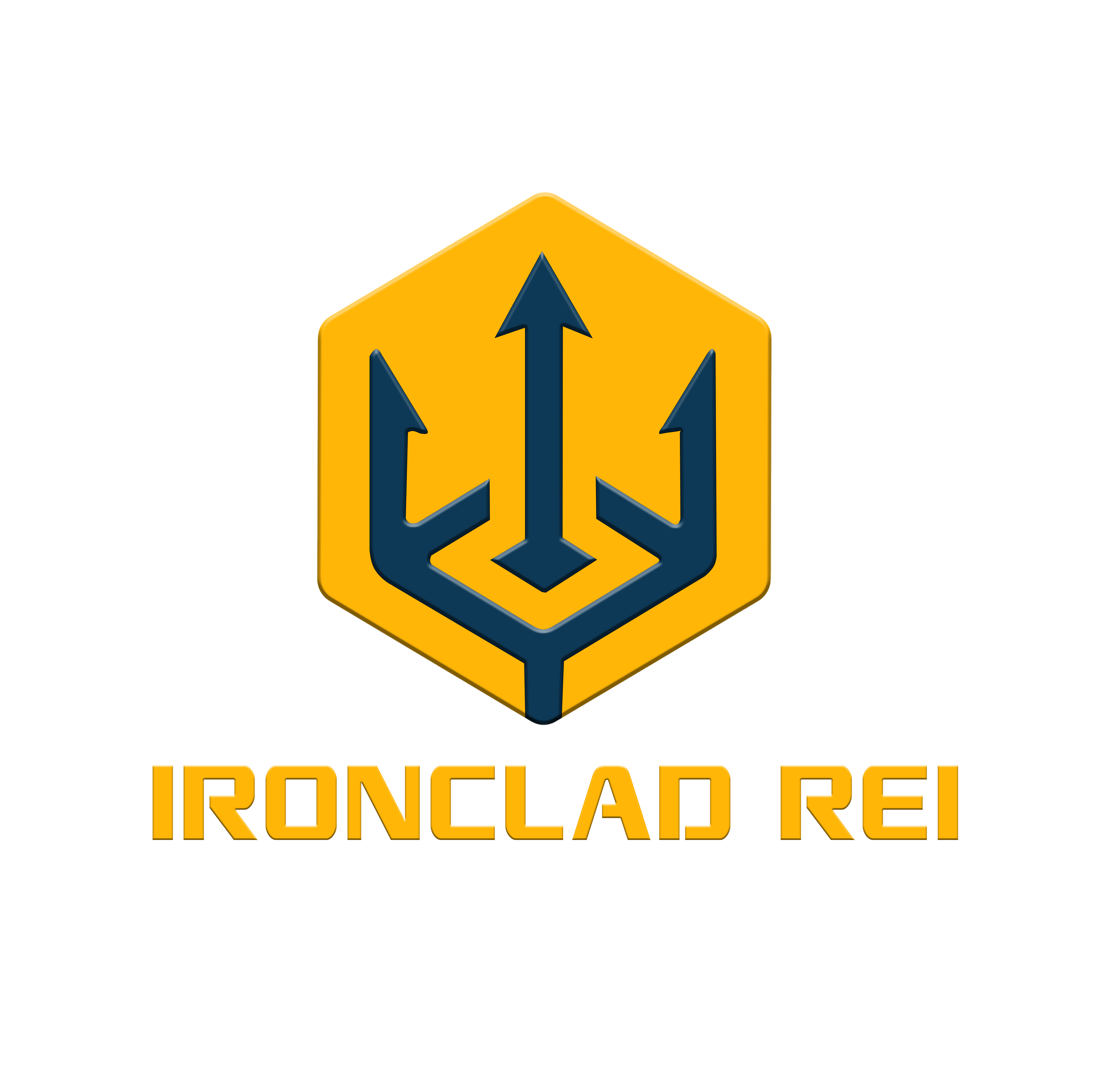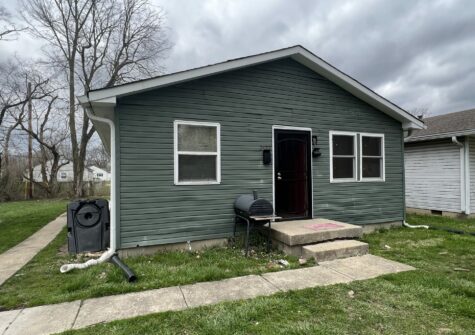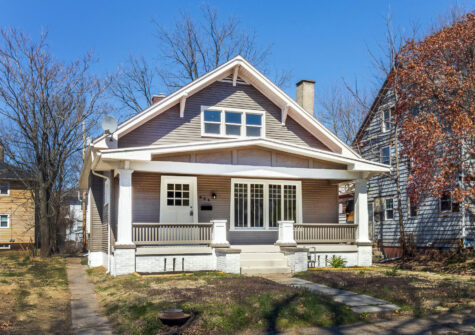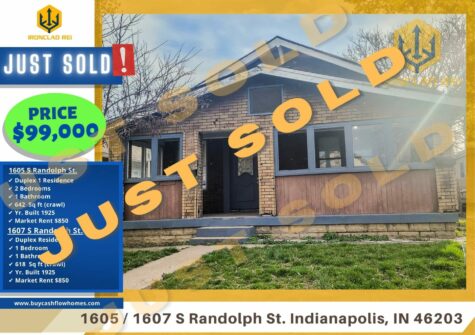You do not have to use your own cash/capital to invest in house flipping or to buy a home. There are a large number of avenues to fund this approach. Private and hard money lenders are excellent assets to source funding.
Private lenders essentially act like a bank but without the crippling loopholes. They have the ability to craft their own rules. Private lenders come at a steep price, however, with fees between six and twelve percent. The tradeoff is that investors can acquire funding within days instead of weeks. They move quickly.
Hard money lenders are companies that offer short term real-estate loans. The duration of these loans typically range between six months to two years. These lenders have loose guidelines and usually request eleven to twelve percent plus five points. It is important to note that each lending company is different in their policies. Hard money lenders require more upfront capital than a private lender from their investors, usually offering loans at a rate of seventy-percent of purchase price.
Another popular method to secure funding is using home equity to purchase other properties. Homeowners often take advantage of cash out refinances and using it as a down payment on fix/flip investment properties.
Don’t let lack of your own cash keep you from house flipping; get in the game and profit, smartly. #Ironclad
Key Points:
- 1There are several options for funding flipping houses, outside of using your own personal funds.
- 2Your best shot at getting funding that isn’t your own is through private lenders.
- 3Wholesaling is going to be the way to get the most money, but may not be the easiest.
See the original at: https://www.fortunebuilders.com/how-to-flip-houses-with-no-money/




